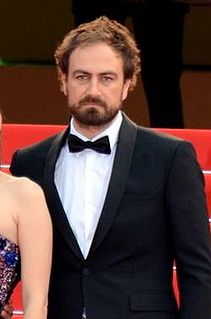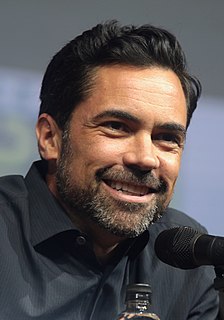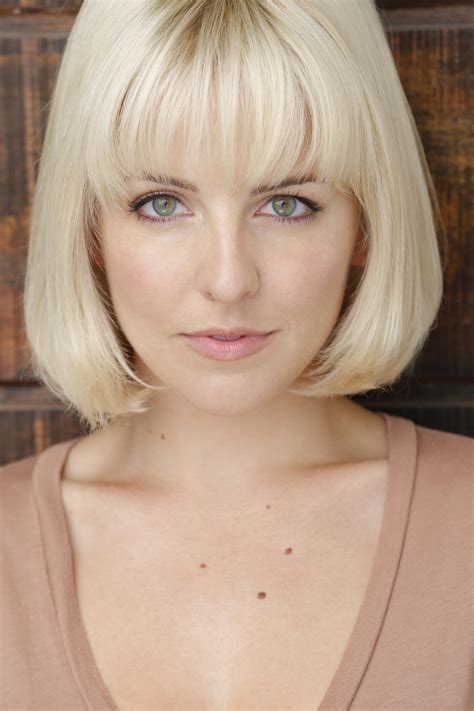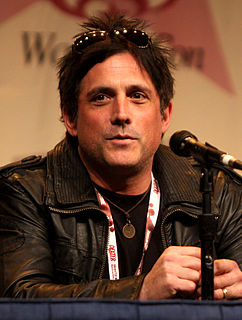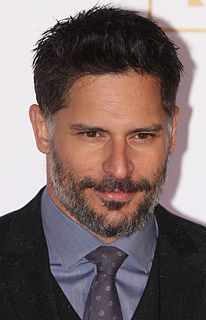A Quote by Justin Kurzel
I'd said no to directing 'Snowtown' a few times and was quite scared of it, but I saw a story there that was worth telling.
Related Quotes
The idea that a story has to be 'exceptional' in order to be worth telling is curious to me. What if we looked at every single person's story as a site of possibly infinite meaning? What if we came to believe that there isn't hubris or narcissism in thinking your story might be worth sharing - only a sense of curiosity and offering?
David Ayer was put on my map, at that point, and I always kept note and clocked his career. When he started directing, I saw Harsh Times, I saw Street Kings and I saw End of Watch. I gave my agents a list of directors that I wanted to work with, and at the top of that list was David. I wanted to have that experience.
